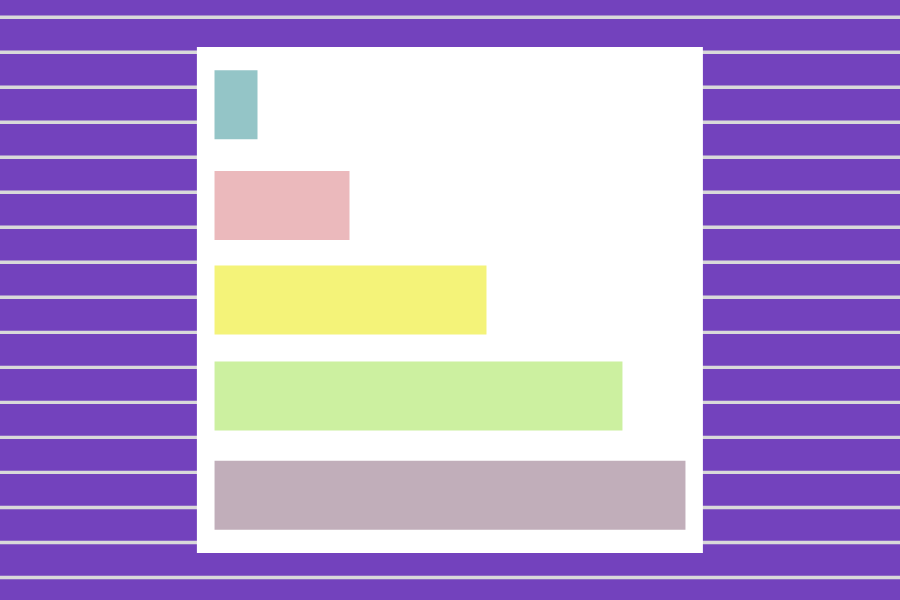Faculty, students express concerns about CTECs and propose reforms
Professors say student reviews often discriminate against non-white, non-male professors.
May 2, 2022
Northwestern is one of several top universities assessing its teacher evaluation programs after nationwide studies have shown that these evaluations demonstrate inherent bias against non-white, non-male professors.
Several years ago, the University formed a committee of faculty, students and administration to investigate and address potential biases in student evaluations of teachers — known as CTECs.
Pritzker Prof. Michelle Falkoff said while the CTECs system flags and discounts explicitly inappropriate comments about race, gender or ethnicity, it doesn’t account for unconscious bias.
“You have this kind of shaded area where female faculty are just consistently not provided the same respect in evaluations, even if we know that they’re teaching in a way that’s really effective for students,” Falkoff said.
Medill Prof. Ava Thompson Greenwell (Medill B.S. ’84, M.S. ’85, Weinberg Ph.D. ’14) said though she has not noticed any explicitly biased comments on her CTECs, it’s difficult to evaluate whether students are holding her to a different standard than her colleagues.
Greenwell said she makes adjustments to her classes when possible, but adjusting is tough when only a small portion of students complete the CTECs.
“I think it’s great that (the committee) is looking at this to see how they can bring more equity to the process,” she said. “But I think in the end, it’s about the learning that students perhaps need… around this area of implicit bias that ultimately could help them evaluate instructors more fairly.”
University Registrar Jaci Casazza said the University committee, which was tasked with identifying and brainstorming solutions to problems within NU’s evaluation system, was put on hold because of COVID-19. The committee plans to return to the issue during Fall Quarter, she said.
History Prof. Kate Masur said she hopes the committee will look at how to frame questions to avoid intrinsic bias.
“I’ve been at Northwestern since 2005, and this entire time there’s been a conversation among faculty about bias in CTECs, and really, nothing has changed,” Masur said. “I frankly don’t know what the different stakeholders are that have ensured that this has continued and that it hasn’t been revisited… but I think it’s time to make this happen.”
Casazza said confusion over who CTECs serve makes it harder to reform the evaluation system.
“Students think that the (CTECs) are intended for them, faculty think they’re for them, administrators think they’re for them,” Casazza said. “We really wanted to look into whether we could make this a tool that really is useful for each of these populations.”
Masur said students use CTECs as a way to gain information about whether to take a class, whereas professors might instead look at evaluations as a method of improving their teaching.
Because of this, Masur said she created a separate paper evaluation with questions about lectures, discussions and exams to learn what to change or keep the same within her classes.
Students say race and gender biases are not the only problem associated with CTECs. At NU, students who drop a class before the drop deadline are not able to write an evaluation. This leads to potentially positively skewed reviews, since those who did not enjoy the class dropped it before they could evaluate it.
Weinberg freshman Kelly Meng said she dropped CS 111 because of the difficulty of the midterm, but was not able to express that in a CTEC.
“The only people who are writing CTECs are people who thought the class was rewarding or not that bad,” Meng said.
Email: NicoleMarkus2025@u.northwestern.edu
Twitter: @nicolejmarkus
Related Stories:
— CTEC responses this quarter will assess remote learning, won’t be public
— Augustine: Students should be able to complete CTECs for dropped courses
— Committees planned to revise CTECs, consider diversity-related questions



